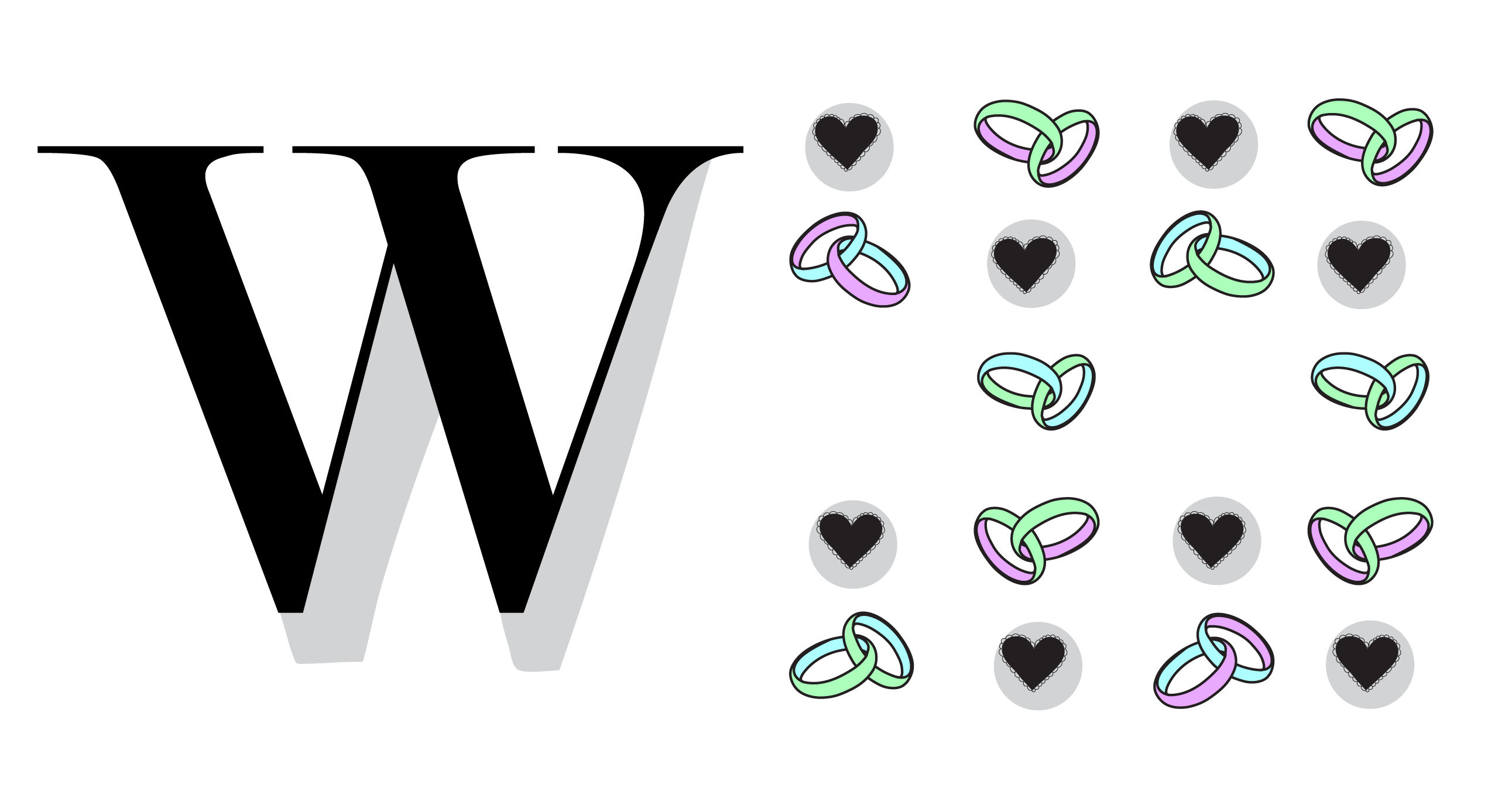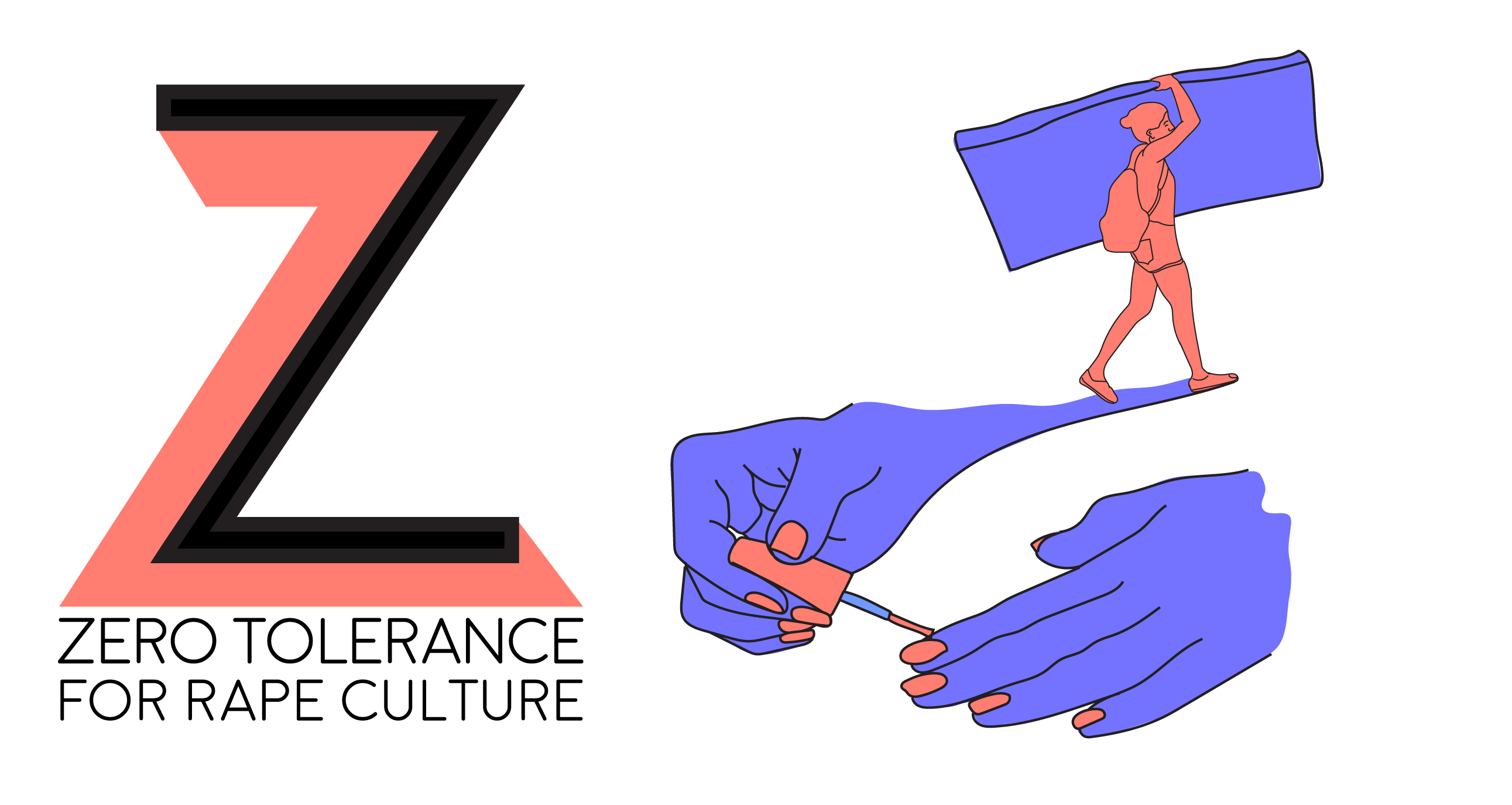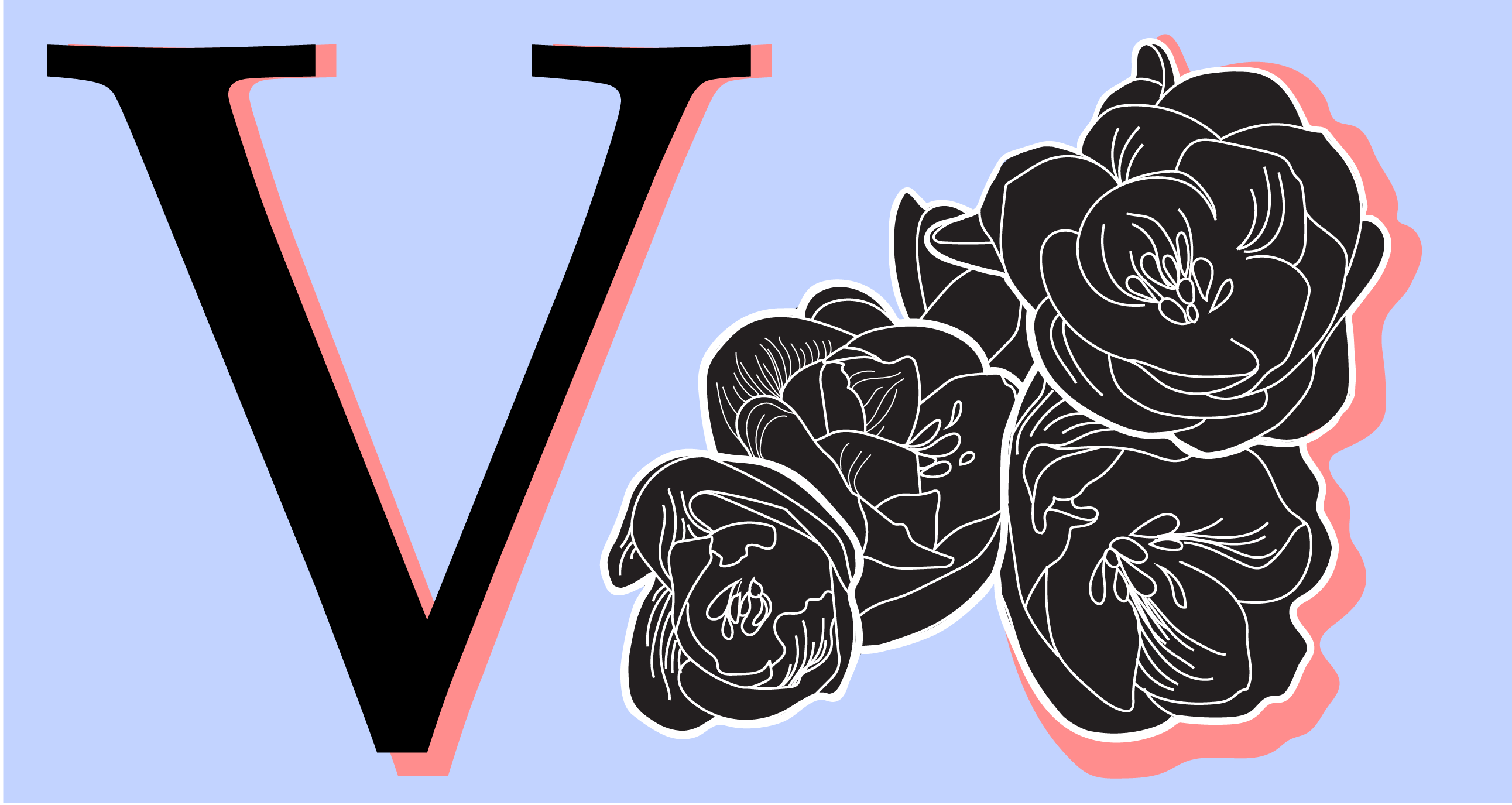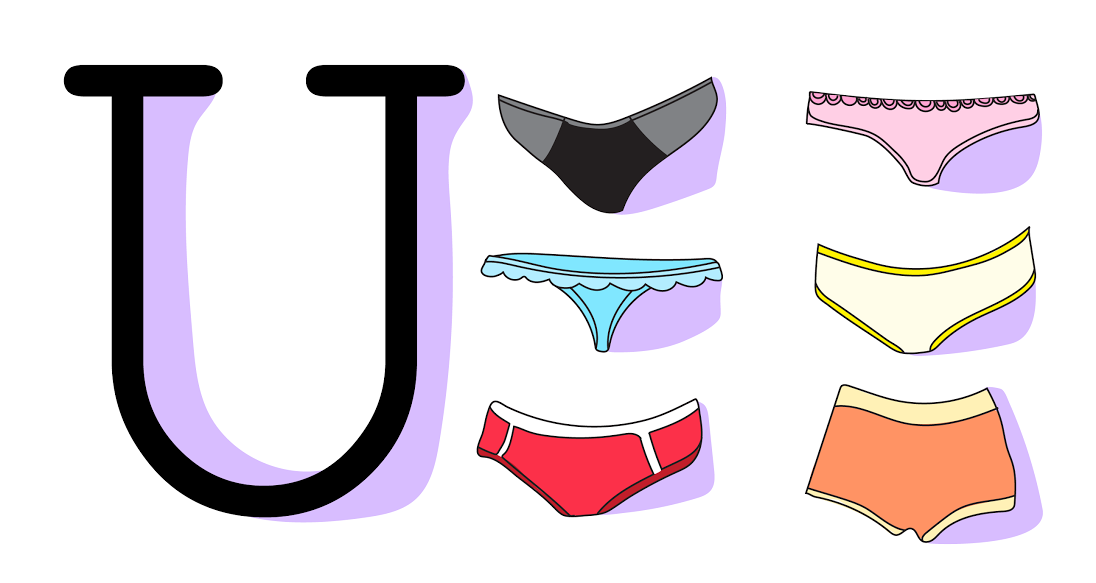W is for Weddings
When I get married, in the next 10 years or so, I will absolutely not be married in white nor will I be married with traditional vows.
This is not because I am a “crazy feminist,” or a nonconformist hipster when it comes to tradition; rather, this is because when you dip into the history behind wedding traditions, weddings are the most oppressive voluntary fate for women.
Wedding traditions preclude heteronormativity and cause my feminist radar to go haywire, as I try to assess weddings from an intersectional perspective.
Traditional weddings constrain relationships to the heteronormative standard of a man and a woman.
As feminist scholars Kristen Schilt and Laurel Westbrook propose in their article, “Doing Gender, Doing Heteronormativity,” heteronormativity is the notion that heterosexual relationships are the standard that our society uses for public and personal relationships. This concept ostracizes other sorts of people and their relationships (such as gay people and transexuals) as outside of what is accepted and normal. This happens through traditions entailing a man and a woman. Traditions, such as the bride’s father giving away her hand to a man and a bride taking her new husband’s last name, suggest that the marriage ceremony only fits the mold of a male-female union.
Reforming marital traditions would propel the union between two people in the direction of equality.
For example, federally legalizing same-sex marriage would highlight the role of the individual in marriage.
Removing the male-female framework in marriage creates a new perspective on the role the individual plays in marriage. As Nan Hunter supports in her article, “Marriage, Law and Gender,” the concept of same-sex marriage, from a legal and social standpoint, can disrupt the gendered mandates of the institution of marriage at large by allowing for more regard for the individual as an equal and powerful figure in the marriage. Allowing for queer marriage challenges the role gender plays in legal bindings and would equalize the power complex installed in legal bindings. Legalizing same-sex marriage would thus allow for the reconsideration of the roles individuals are placed in with the binary “husband and wife” vernacular, and possibly allow for a more equal platform for two individuals to build their lives upon—both legally and socially. Thus, legalization of same sex marriage would positively disrupt the heteronormative gendered mandates of marriage and help ensure equality between individuals.
We are not in a Post-feminist era. As a woman, I prefer to break the glass ceiling than complacently. This does not mean turning a cold shoulder to tradition, but maybe it’s time we alter some of our wedding traditions?





